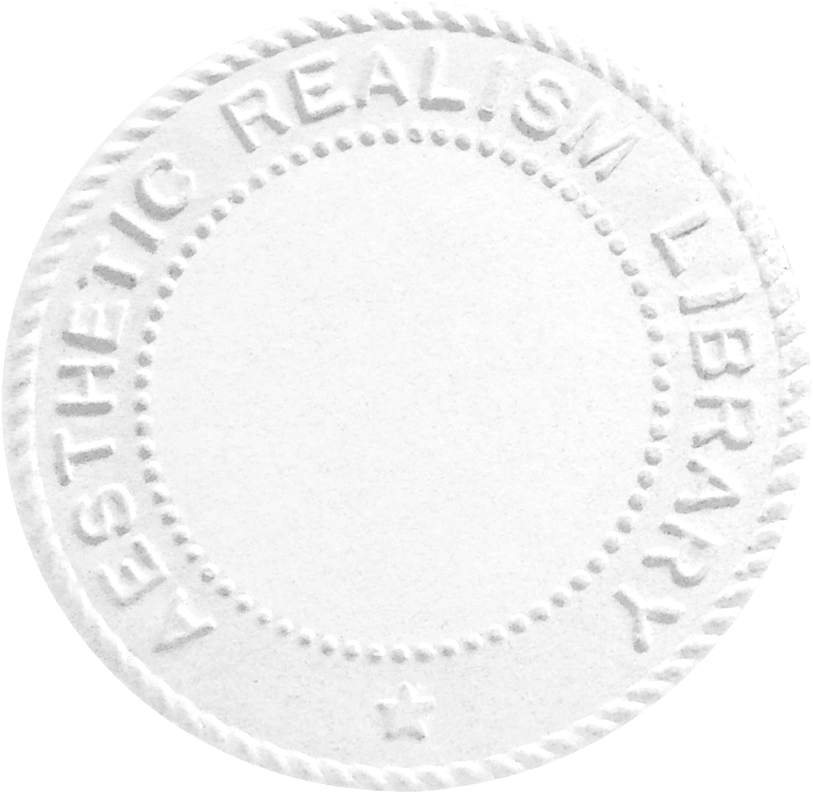Translations by Eli Siegel
“Eli Siegel’s translations of Baudelaire and his commentaries on them rank him with the most understanding of the Baudelaire critics in any language.”
—Kenneth Rexroth,The New York Times Book Review
To the Reader, Charles Baudelaire
Foolishness, error, sin, niggardliness,
Occupy our minds and work on our bodies,
And we feed our mild remorse,
As beggars nourish their vermin.
Our sins are insistent, our repentings are limp;
We pay ourselves richly for our admissions,
And we gaily go once more on the filthy path
Believing that by cheap fears we shall wash away all our sins.
On the pillow of evil it is Satan Trismegistus
Who soothes a long while our bewitched mind,
And the rich metal of our determination
Is made vapor by that learned chemist.
It is the Devil who holds the reins which make us go!
In repulsive objects we find something charming;
Each day we take one more step towards Hell—
Without being horrified—across darknesses that stink .
Like a beggarly sensualist who kisses and eats
The martyred breast of an ancient strumpet,
We steal where we may a furtive pleasure
Which we handle forcefully like an old orange.
Tight, swarming, like a million worms,
A population of Demons carries on in our brains,
And, when we breathe, Death into our lungs
Goes down, an invisible river, with thick complaints.
If rape, poison, the dagger, arson,
Have not as yet embroidered with their pleasing designs
The recurrent canvas of our pitiable destinies,
It is that our spirit, alas, is not brave enough.
But among the jackals, the panthers, the bitch-hounds,
The apes, the scorpions, the vultures, the serpents,
The monsters screeching, howling, grumbling, creeping,
In the infamous menagerie of our vices,
There is one uglier, wickeder, more shameless!
Although he makes no large gestures nor loud cries
He willingly would make rubbish of the earth
And with a yawn swallow the world;
He is Ennui!—His eye filled with an unwished-for tear,
He dreams of scaffolds while puffing at his hookah.
You know him, reader, this exquisite monster,
—Hypocrite reader,—my likeness,—my brother!
From Hail, American Development (Definition Press)
© 1968 by Eli Siegel
See Eli Siegel’s translations of Baudelaire’s “Hymn,” “The Albatross,” and “The Voyage, VIII.” You can also find out more about Baudelaire on our sites.
We recommend as well “What Poetry Really Is—& Your Own Hopes,” an issue of The Right of Aesthetic Realism to Be Known, commentary by Ellen Reiss, lecture by Eli Siegel.



Eli Siegel’s note to the poem:
To The Reader, By Charles Baudelaire. 1964. Tertullian, Swift, Jeremiah, Baudelaire are alike in this: they are severe and constant reprehenders of the human way. In their fashion, each has a notion of what goodness is; one has to have a notion of purity if one is to be assured of one’s condemnation. And Baudelaire was certainly taken by the immaculate and universal. In the unendurable aggregation of the iniquitous present in Paris, he saw the accompaniment of light: Death, for one thing, was the great dazzling cleanser; and Baudelaire could see death at will. The purport of the notable To the Reader is that if man were completely honest about what should not be liked in him, he would get to reality, including his reality, uncluttered. The catalogue of the ugly must be complete, complete, complete, and complete always and desiredly. If this catalogue is complete, the ugly would at last be looked at unflinchingly, and this means with conquering antagonism. It is then goodness would be the same as courage, as logic, as factuality, as force, as subtlety, as form, as inclusiveness, and as annihilating, sweet power. The preface to Fleurs du Mal, which To the Reader is, shows the intent of Baudelaire to omit nothing in the evil omnibus. All the tricks, disguises, eludings had to be seen. And that most common of evils is given saliency in the last stanza: Ennui. Ennui arises from the triumph the individual has in making existence uninteresting. This defeat of existence by individual non-responsiveness or individual incomplete participation is effectively related to all the other evils. Disrespect of what is not the self can lead to injustice to any aspect of that tremendous living and inanimate territory which is not oneself. Baudelaire in this poem states what the future study of man’s unconscious will be busy with.